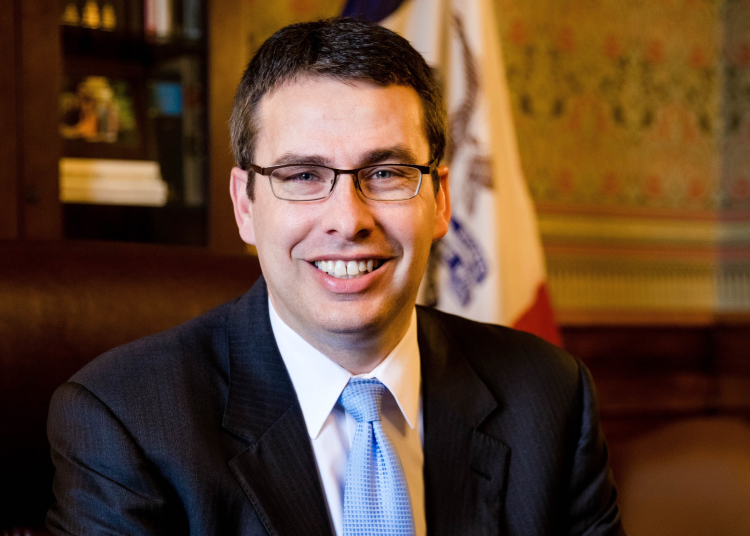By Wei-erh Chen
Depending on how you look at it, my future career prospects in the law are either right on track or dismally bleak.
As a third-year Asian law student in my final semester at a top-tier law school, it appears I am steadily moving toward a successful career in private practice despite the shaky job market. I secured a second-year summer internship last year that led to a job offer as an associate at a well-respected regional firm with about 300 attorneys. From this perspective, I appear to be on the fast track to a respectable legal career and a privileged place comfortably in the middle class.
But from a long-term perspective, this success is anything but guaranteed. A study released in February by the National Association for Law Placement (NALP) showed only 7 percent of all partners at multi-tiered law firms are persons of color. To put it more bluntly, this means 93 percent of partners are white. Even worse, the majority of partners who are racial minorities are non-equity partners, so they have no actual stake in the law firm itself. From this perspective, the statistics suggest my chances of building a successful career at my future firm and becoming a partner may be a long shot at best; the writing may be on the wall even before I bill my first hour.
Any number of possible reasons may explain this apparent glass ceiling. Some scholars argue that a series of affirmative action decisions by both law schools and law firms end up mismatching under-qualified minority law students with positions for which they are unprepared. The result is that these mismatched associates do not succeed to the extent necessary to make partner.
Others suggest minority associate attrition is the result of either implicit or explicit racism, and also cite lack of strong law firm mentors for the associates. The argument here is that the people most likely to succeed are those who have been guided and “shown the ropes” by a mentor, that minorities are less likely to establish this type of mentoring relationship with partners who are overwhelmingly white, and so minorities are less likely to succeed in the law firm environment.
In light of these highly unfavorable statistics and given the possible reasons for failing in the law firm environment, what should I — and other similarly situated minority law students —do as zero-year associates to avoid an undesirable outcome? One possibility is to begin my career with a naive optimism, tell myself that such a fate would surely not apply to me and carry on as if there were no barriers to minorities entering the partnership stratosphere. Or I could preemptively leave the firm for a different position, perhaps in-house with a company or with the government, even if my heart was set on making partner.
But neither of these extremes is appropriate. Instead, soon-to-be lawyers like myself should take an approach that would maximize our likelihood of success. First, we should choose to join firms that demonstrate a meaningful commitment to law firm diversity since minorities will be more likely to prosper in an accepting and inclusive culture.
Second, we should take full advantage of those factors we do have control over. For instance, while I can no longer control the possibility of being under-qualified for the position that I have already accepted, I can control my mentorship opportunities by proactively identifying and seeking out compatible mentors both in and outside of the law firm early on in my career.
Finally, we should embrace a realistic optimism that rejects naiveté but believes measurable change is possible through strategic and persistent work. The glass representing minority partners may only be 7 percent full right now, but if my contributions to the legal community can fill that glass even up to 8 percent, then that small amount can add to the sometimes slow but inevitable progression toward a more diverse and representative legal community.
Wei-erh Chen attends the University of Iowa College of Law and is a native of Cedar Falls.




